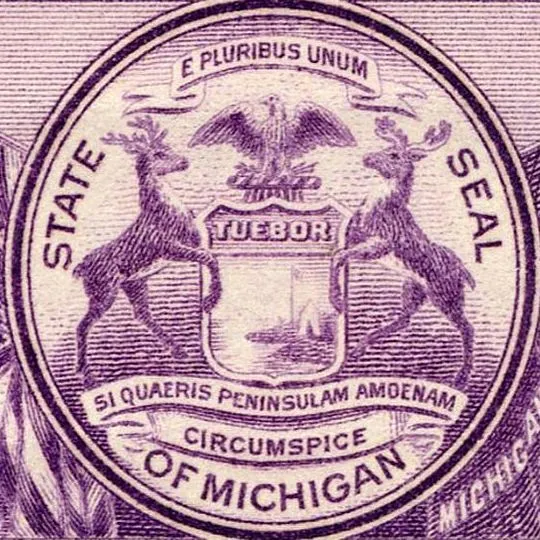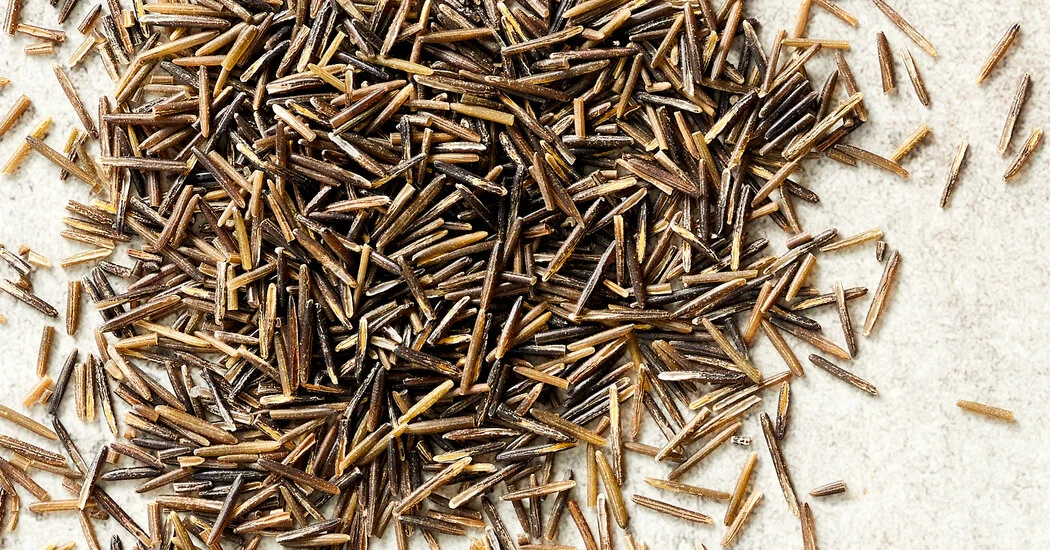- cross-posted to:
- nyt_gift_articles@sopuli.xyz
- climate
- cross-posted to:
- nyt_gift_articles@sopuli.xyz
- climate
The NYT article (being in the Dining section) doesn’t really go into it, but this one goes over the climate risks to wild rice
I thought the thumbnail was a pile of bullets
This is the best summary I could come up with:
Climate change and human impact have significantly depleted the natural abundance of manoomin, the “good berry” as wild rice is known in Anishinaabemowin, an Indigenous language also known as Ojibwe, and protecting it is synonymous with preserving cultural identity.
Wild rice is sacred and central to the creation story of the Anishinaabeg, a vast cultural and linguistic collective that includes the Ojibwe, Odawa and Potawatomi.
David Wise, a 56-year-old Ojibwe rancher and lifelong ricer, has seen drastic changes in water levels near his home on the Fond du Lac reservation in Minnesota.
Several years ago at Bad River, when outsider overtrapping of muskrats left no natural control for cattails and pickerelweed plants, the manoomin stalks suffered.
The White Earth Nation has sought to enforce the “rights of manoomin” under several historic treaties, and a number of Indigenous bands have partnered with universities for research and data collection.
As Karen Diver, the senior adviser to the president of the University of Minnesota for Native American affairs, explained, “researchers are impacted and informed not just by science, but by understanding the cultural values of the tribe.”
The original article contains 765 words, the summary contains 184 words. Saved 76%. I’m a bot and I’m open source!


